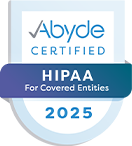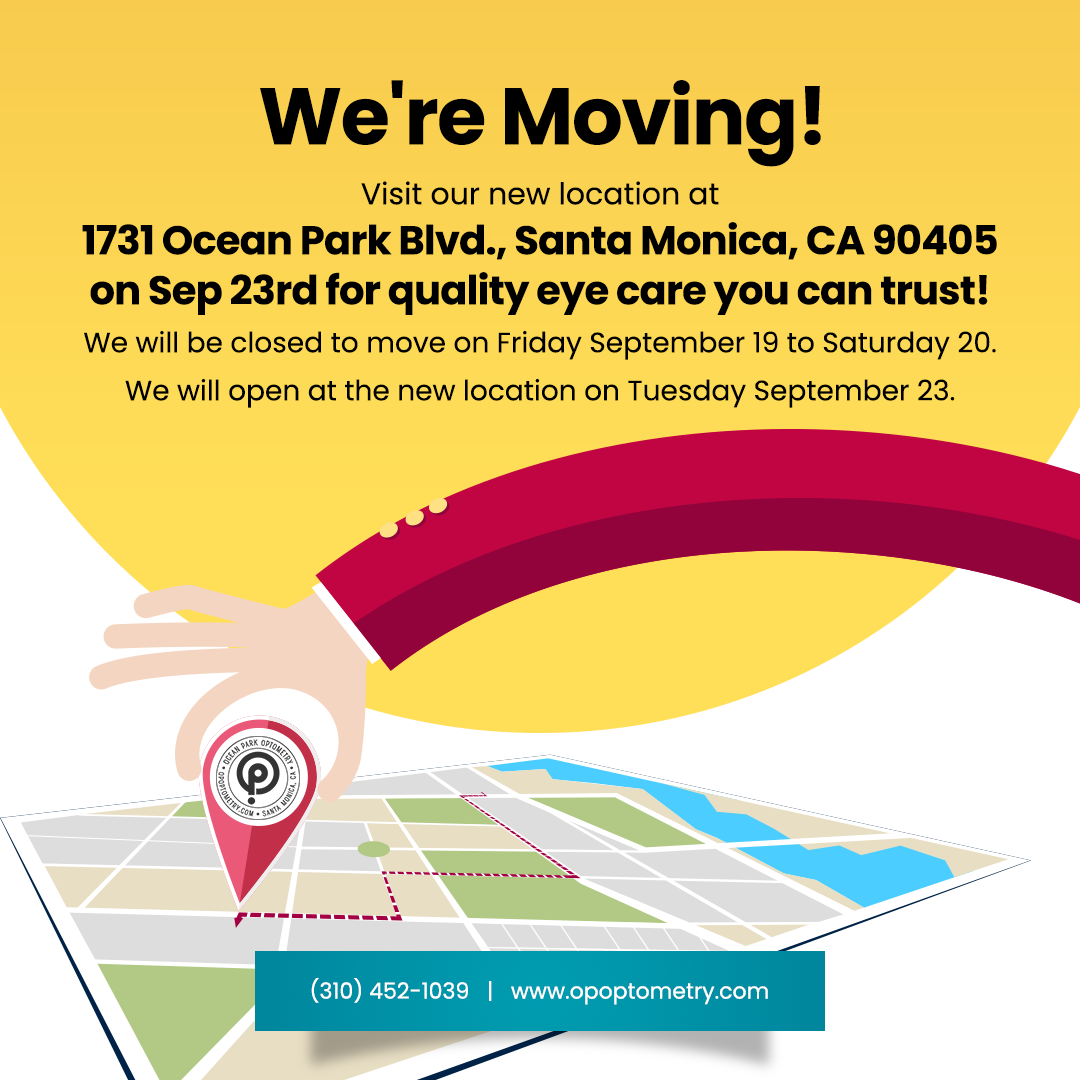
Myopia is a common refractive error that affects the vision of many children. This condition occurs when the eyeball is slightly longer than normal or the cornea has a stronger curve, causing light to focus in front of the retina instead of directly on it. As a result, distant objects appear blurred while close-up objects remain clear.
Myopia typically develops in childhood and can progress rapidly during the growing years. It is essential to understand myopia and how it can impact your child's vision and overall eye health. By being proactive and implementing effective myopia management strategies, you can help your child maintain good vision and reduce the risk of developing more severe eye conditions later in life.
The Importance of Myopia Management
Effective myopia management is crucial for your child's eye health and visual development. If left untreated, myopia can progress over time, leading to higher levels of refractive error and an increased risk of developing serious eye conditions later in life, such as:
· Retinal detachment: A serious condition where the retina (the light-sensitive layer at the back of the eye) becomes separated from the underlying tissue, potentially causing permanent vision loss.
· Glaucoma: An eye condition that can damage the optic nerve and lead to vision loss if not properly managed.
· Cataracts: The clouding of the eye's natural lens, which can impair vision and require surgical treatment.
· Macular degeneration: A leading cause of vision loss in older adults, where the central part of the retina (the macula) becomes damaged.
By proactively managing your child's myopia, you can help slow its progression, reduce the risk of these associated eye conditions, and ensure your child maintains good vision throughout their life.
Ortho-K
One effective myopia management technique is Orthokeratology, also known as Ortho-K. This involves the use of specialized gas-permeable contact lenses that are worn overnight to temporarily reshape the cornea, the clear front part of the eye. By gently flattening the cornea, Ortho-K lenses can correct refractive errors and improve distance vision without the need for daytime contact lenses or glasses. The benefits of Ortho-K for children with myopia include:
· Slowing the progression of myopia: Studies have shown that Ortho-K can effectively slow the rate of myopia progression in children, potentially reducing the risk of developing high myopia and associated eye conditions later in life.
· Improved visual acuity: Ortho-K lenses can provide clear, sharp vision during the day, allowing your child to participate in activities and perform well academically without the need for corrective eyewear.
· Convenience: Ortho-K lenses are worn overnight and removed in the morning, eliminating the need for daytime contact lenses or glasses.
· Reduced eye strain: By providing clear vision without the need for constant accommodation (focusing), Ortho-K can help reduce eye strain and fatigue associated with myopia.
Atropine Eye Drops
Another effective myopia management technique is the use of low-dose atropine eye drops. Atropine is a medication that can temporarily paralyze the eye's focusing mechanism, reducing the eye's ability to accommodate and potentially slowing the progression of myopia. The benefits of low-dose atropine eye drops for children with myopia include:
· Slowing myopia progression: Studies have shown that low-dose atropine (0.01% to 0.05%) can effectively slow the rate of myopia progression in children, with minimal side effects.
· Preserving distance vision: Atropine eye drops can help maintain clear distance vision, allowing your child to participate in activities and perform well academically.
· Long-term benefits: The effects of low-dose atropine can persist for several years, potentially reducing the risk of developing high myopia and associated eye conditions later in life.
· Ease of use: Atropine eye drops are typically administered once daily, making them a convenient and accessible myopia management option.
Multifocal Soft Contact Lenses
Multifocal soft contact lenses are another effective myopia management technique for children. These lenses have different optical zones that provide both distance and near correction, which can help slow the progression of myopia. The benefits of multifocal soft contact lenses for children with myopia include:
· Slowing myopia progression: Studies have shown that multifocal soft contact lenses can effectively slow the rate of myopia progression in children, potentially reducing the risk of developing high myopia and associated eye conditions.
· Improved visual acuity: Multifocal lenses can provide clear vision at both distance and near, allowing your child to perform well academically and participate in various activities.
· Comfort and convenience: Soft contact lenses are generally more comfortable to wear than rigid gas-permeable lenses, and they can be worn throughout the day, eliminating the need for daytime glasses.
· Familiarity: Many children are already accustomed to wearing contact lenses, making the transition to multifocal lenses more seamless.
The Role of Regular Pediatric Eye Exams in Myopia Monitoring
Regular pediatric eye exams are crucial for monitoring your child's myopia and ensuring the effectiveness of any myopia management strategies. Your child's eye doctor can track the progression of their myopia, assess the impact on their vision, and recommend appropriate treatment options. During these exams, the eye doctor will:
· Measure the refractive error (degree of myopia) and monitor changes over time
· Evaluate the overall health of your child's eyes, including the cornea, lens, and retina
· Assess your child's visual acuity, eye tracking, and focusing abilities
· Provide guidance on the most suitable myopia management techniques based on your child's individual needs and progression
· Monitor the effectiveness of any myopia management interventions and make adjustments as necessary
By staying proactive and scheduling regular eye exams, you can work closely with your child's eye doctor to ensure their myopia is well-managed and their vision and eye health are protected.
Schedule Your Child’s Eye Exam with Ocean Park Optometry Today
Myopia is a common vision condition that can significantly impact your child's daily life and long-term eye health. By understanding the symptoms and impact of myopia, recognizing the importance of myopia management, and exploring the various treatment options available, you can take proactive steps to safeguard your child's vision. Regular pediatric eye exams are essential for monitoring your child's myopia and ensuring the effectiveness of any management strategies.
If you're looking for a trusted provider to manage your child's myopia, contact Ocean Park Optometry. We are dedicated to providing personalized, comprehensive care to help your child maintain clear, healthy vision. Visit our office in Santa Monica, California, call (310) 452-1039, or click Book An Appointment today.













